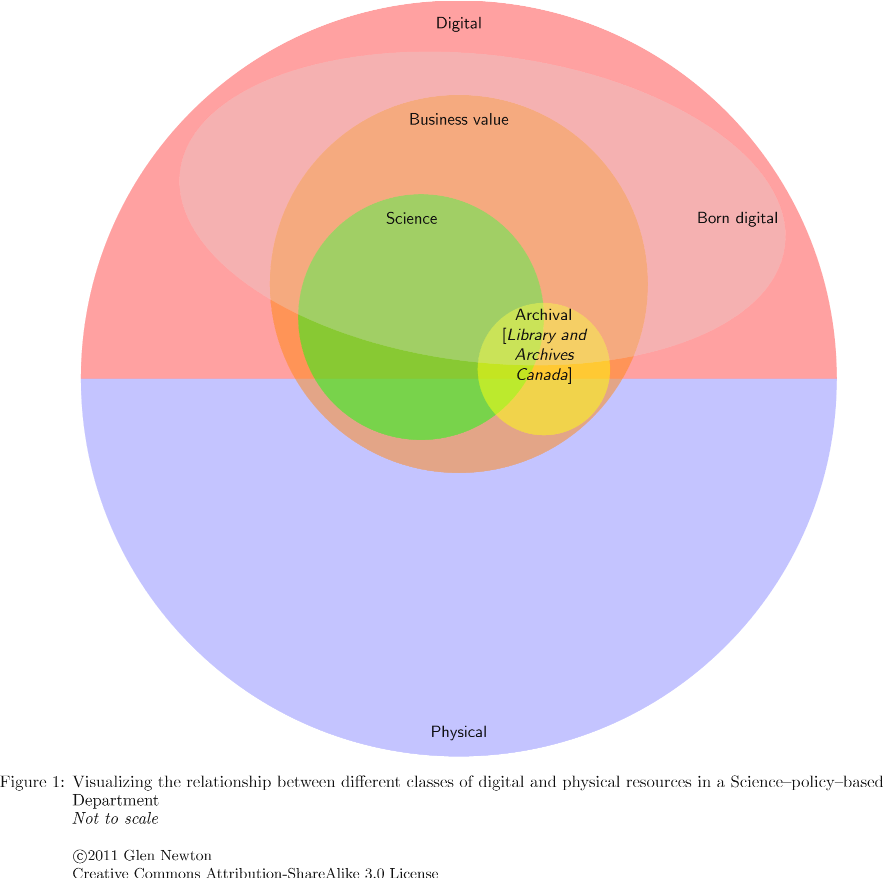F rancine Berman's call for a research data census in the U.S. recognizes the reality that the valuable research assets produced by public (and private) research funding is uncounted, mostly unmanaged, and destined to be, or in the process of being, degraded, damaged and lost. Lost to future research, re-use, re-purposing. While a census is useful when your knowledge about a topic is effectively zero , as in this case, I don't think that it is a good ongoing solution to this particular problem. Distributed and open research data repositories, open standards like OAI-PMH , rich metadata (and the tools to create/manage them) and the will of funding agencies and research organizations can all come together to make a real-time census possible. But an initial census is clearly needed, in order properly discover the complete nature of the research data problem, in order to plan the processes, infrastructure and organizations to properly deal it. Berman, F. 2010. We Need a Research D
